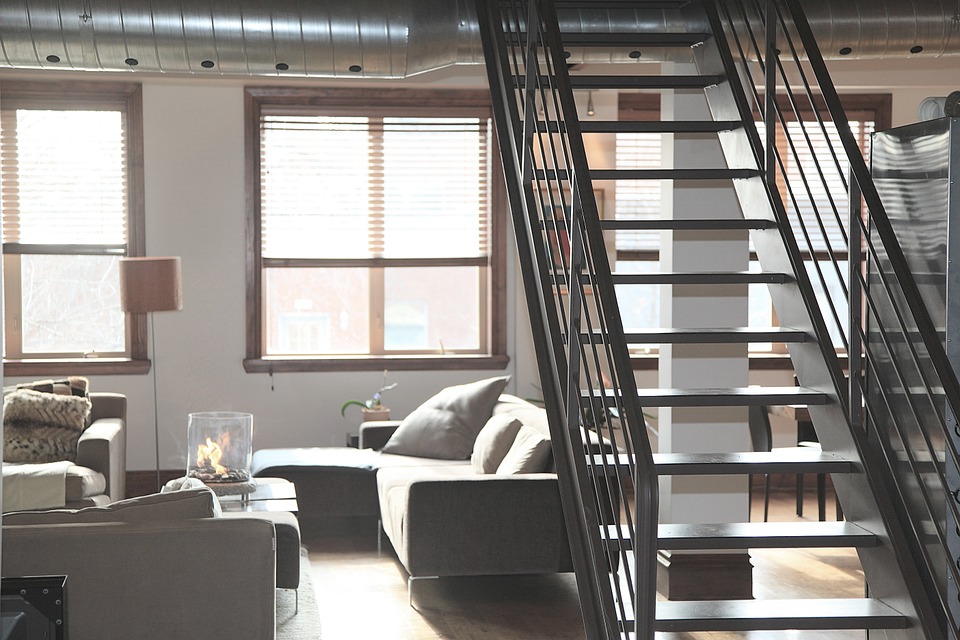
04 Jan Should I sell my condo and invest the proceeds for retirement?
Photo: pixabay.comQ. I have my primary house and also a condo that I rent out. I pretty much break even on the condo, maybe pocketing $2,000 a year after mortgage and expenses, and it’s gained in value. I’m trying to decide if I should sell it and invest the proceeds for retirement or if it’s good to keep the property as an investment. What should I consider?
— Landlord
A. We’re glad to hear your property has gained in value.
There are a number of factors to consider when making the decision of whether to continue to hold your investment property or to sell it.
First, it is important to consider your sources of retirement income and your retirement living expenses, said Melissa Raimundo, a certified financial planner with Beacon Trust in Morristown.
She said it’s important to ask yourself whether you will be generating income from a pension, Social Security or elsewhere, or will your retirement be entirely funded from investment assets.
“If your investments are going to fund your retirement, you should ensure that those investments are liquid and accessible when you need them,” she said.
Real estate is considered an illiquid asset. Therefore, if the investment property is your only investment asset or represents a sizeable percentage of your investment assets, then it is possible you will need to liquidate to fund your living expenses in retirement, Raimundo said.
“If the property is only a portion of your investment assets, determining the percentage of your total assets that the real estate comprises will be important to ensure you are appropriately diversified,” she said. “ We view direct investment in real estate much like we view any other asset class within a broad-based investment portfolio, and ensuring that you are diversified is critical.”
Diversification is extremely important to overall risk management in any investment strategy, she said.
Additionally, you will want to know how much income is being generated by your total portfolio, and whether that income will be sufficient to fund your expenses or whether you may need to draw from principal over time, she said. General financial planning wisdom dictates that in order to preserve principal, expenses should not exceed 3% of total investment assets each year, she said.
Raimundo said one of the benefits of having an investment property is that the income generated from the rents can be offset by expenses and depreciation. This can yield a tax advantaged and differentiated income source relative to income and appreciation generated from a diversified portfolio of investable assets, she said.
While you may not be generating a large positive cash flow, the rents paid throughout the year are adding to your equity in the investment property above and beyond the property value increases that are possible over time, she said.
Some other factors worth mentioning are outstanding debt and your mortgage interest rate.
“The interest rate on the mortgage is the cost to you for the investment, however the mortgage interest rate can be included in the aforementioned expenses used to offset the rental income,” she said. “Also, from a tax perspective you will want to think about any capital gains tax implications if you were to sell the home.”
A final, non-financial but also important factor to consider is your willingness to source renters and manage tenant turnover into retirement, Raimundo said. Often, there are costs and challenges associated with that process that retirees are not willing to take on, she said.
Email your questions to Ask@NJMoneyHelp.com.
This story was originally published on Jan. 4, 2022.
NJMoneyHelp.com presents certain general financial planning principles and advice, but should never be viewed as a substitute for obtaining advice from a personal professional advisor who understands your unique individual circumstances.

